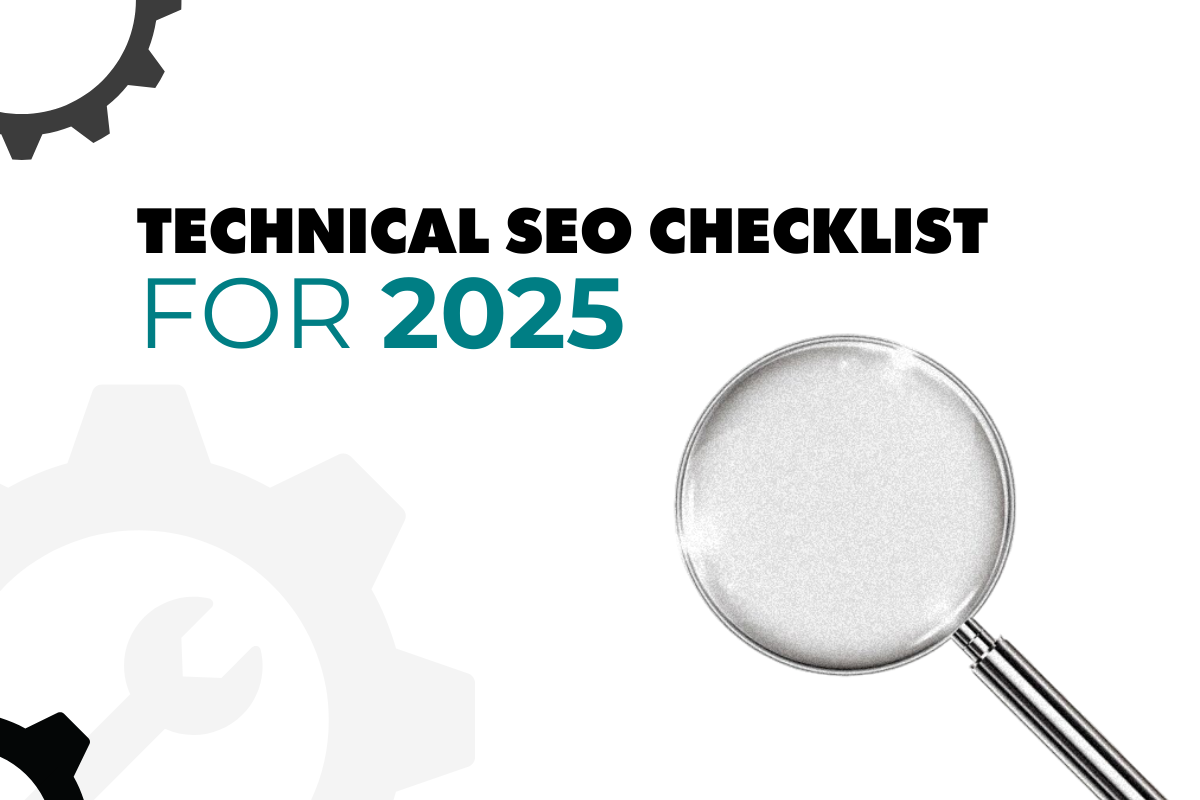In the ever-evolving world of search engine optimization, algorithms come and go—but technical SEO remains the backbone of any high-ranking website. You may have the best content and sleekest design, but without proper technical groundwork, your site may never reach its true potential on Google. Whether you’re a small business or working with a leading SEO agency in India, understanding and implementing the latest backend fixes is vital to boost your rankings in 2025.
In this blog, we’ll walk you through a chronological technical SEO checklist—divided into four actionable sections—to help you uncover and fix what’s holding your website back.
1. Crawlability & Indexation: Make Your Site Discoverable
If search engines can’t find or understand your pages, they can’t rank them—no matter how good your content is.
- XML Sitemap: Ensure your sitemap is up to date and submitted to Google Search Console. A clear sitemap helps search bots understand your site’s structure.
- Robots.txt Optimization: Don’t block essential pages unknowingly. Misconfigured robots.txt files are one of the most common issues seen by every SEO agency.
- Noindex Tags & Canonicals: Properly use canonical tags to avoid duplicate content issues. Verify that ‘noindex’ is not applied to pages that need to rank.
- Faceted Navigation Control: If you’re an ecommerce platform, managing dynamic URLs and filtering options is crucial to prevent crawl bloat.
Whether you work with an SEO company in Mumbai or an SEO expert in India, ensuring your site is easily crawlable is step one in a strong technical SEO strategy.
2. Site Architecture & Internal Linking: Build a Search-Friendly Foundation
Once your site is crawlable, the next step is to organize it in a way that makes sense to both users and bots.
- Flat Site Structure: Maintain a hierarchy that enables users to reach any page within three clicks. This makes it easier for search bots to follow internal links.
- Internal Linking Strategy: Use keyword-rich anchor texts for interlinking. An effective internal linking structure can increase time on site and distribute page authority.
- Breadcrumbs Navigation: Helps users track where they are while offering contextual relevance to search engines.
- URL Structure Optimization: Use clean, descriptive URLs. Avoid long parameter strings. Short URLs are easier to index and share.
- Orphan Page Check: Identify and connect orphan pages through content clusters or navigation menus.
A solid architecture is not just a user-experience benefit—it’s something that every SEO company in Pune, SEO agency in Mumbai, and SEO company in Ahmedabad will emphasize during audits.
3. Speed, Core Web Vitals & Mobile Optimization: Performance Matters
Site performance has become a make-or-break factor for rankings. In 2025, Google continues to reward sites with seamless, fast experiences.
- Page Speed Optimization: Use tools like Google PageSpeed Insights or GTmetrix to identify bottlenecks. Compress images, reduce JavaScript, and enable lazy loading.
- Core Web Vitals: Focus on LCP (Largest Contentful Paint), FID (First Input Delay), and CLS (Cumulative Layout Shift). Improving these scores boosts user experience and rankings.
- Mobile Responsiveness: Use responsive design and test across devices. With mobile-first indexing now standard, this is critical.
- AMP (Accelerated Mobile Pages): Not necessary for every site, but for publishers and media, it can improve load times and visibility.
- Server & Hosting: Choose fast and reliable hosting. A low TTFB (Time To First Byte) is essential and is something every SEO company in Bangalore would monitor.
Speed fixes often deliver quick wins, and SEO services in India routinely list performance optimization as a top priority.
4. Technical SEO Audits & Ongoing Monitoring: Keep It Running Smoothly
Technical SEO isn’t a one-time job—it’s a continuous process. Regular audits ensure your efforts aren’t undone by unnoticed glitches or algorithm updates.
- Log File Analysis: Understand how search engines crawl your site. Spot patterns, missed pages, or repeated errors.
- Schema Markup: Add structured data like reviews, FAQs, product details, etc., to enhance SERP appearance with rich results.
- HTTPS Security: Ensure your entire site is served via HTTPS. Mixed content can hurt rankings and user trust.
- Broken Link Checks: Use tools like Screaming Frog or Ahrefs to find 404s or redirect chains. These affect both SEO and user experience.
- Technical SEO Tools Integration: Integrate tools like SEMrush, Ahrefs, or Moz with Google Search Console and Analytics for real-time performance data.
Whether you’re engaging the best SEO company in India or working with a local SEO company in Surat, ongoing technical audits will ensure your rankings don’t slip.
Conclusion:
Technical SEO is the silent warrior behind every high-performing website. It doesn’t scream for attention like visuals or blogs, but it lays the very foundation for visibility, speed, and search performance.
If you’re serious about ranking in 2025 and beyond, backend optimization isn’t optional—it’s essential. Whether you’re a brand working with an SEO company in Chennai, a startup searching for the best SEO company in Delhi, or an enterprise exploring SEO services in Delhi, the time to act is now.
Looking to fix your backend SEO once and for all? At AKOI, we specialize in audit-driven technical SEO solutions tailored for businesses across India. From SEO company in Noida to SEO company in Jaipur—we understand what your local market needs and how to get you ranked fast. Let’s turn backend fixes into frontline wins. Connect with AKOI today.


